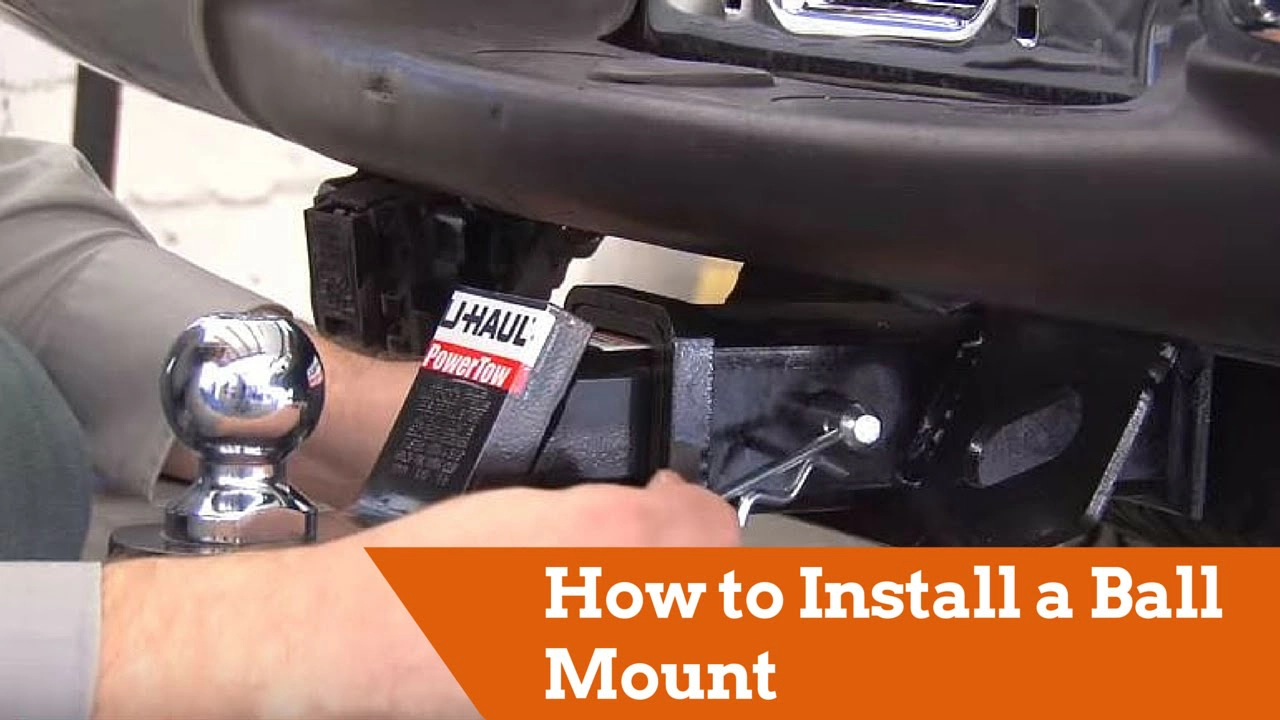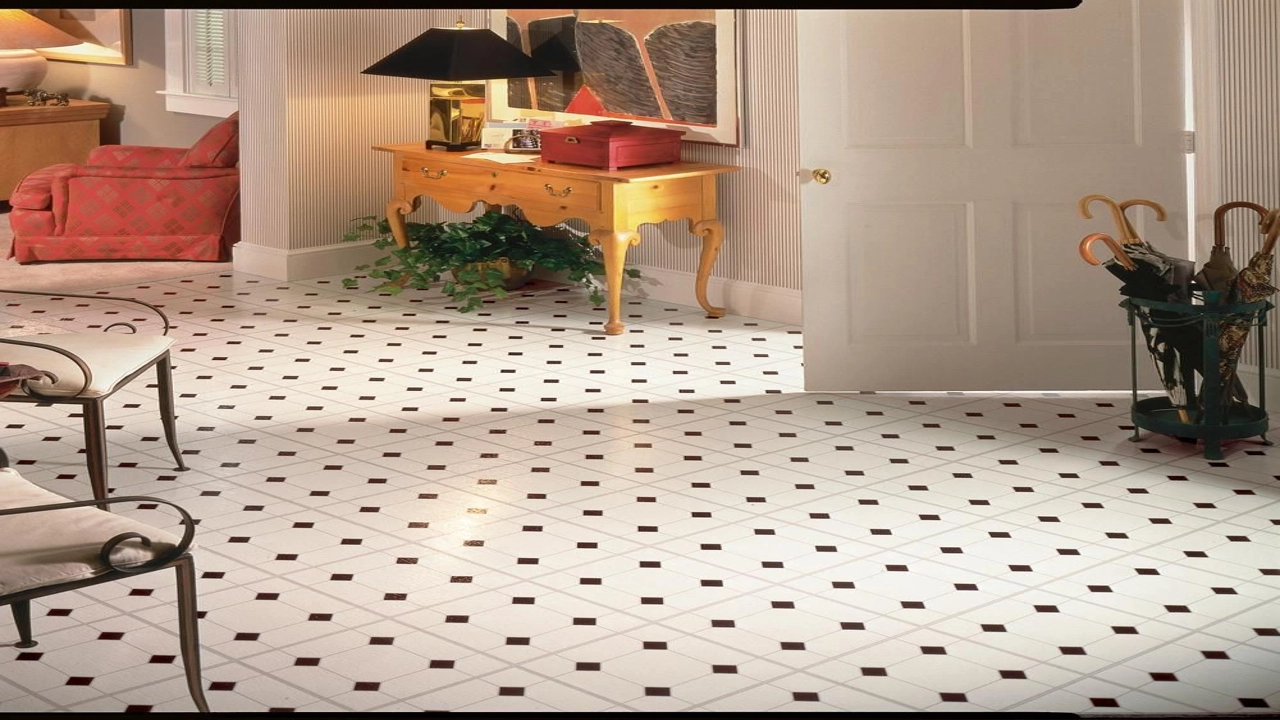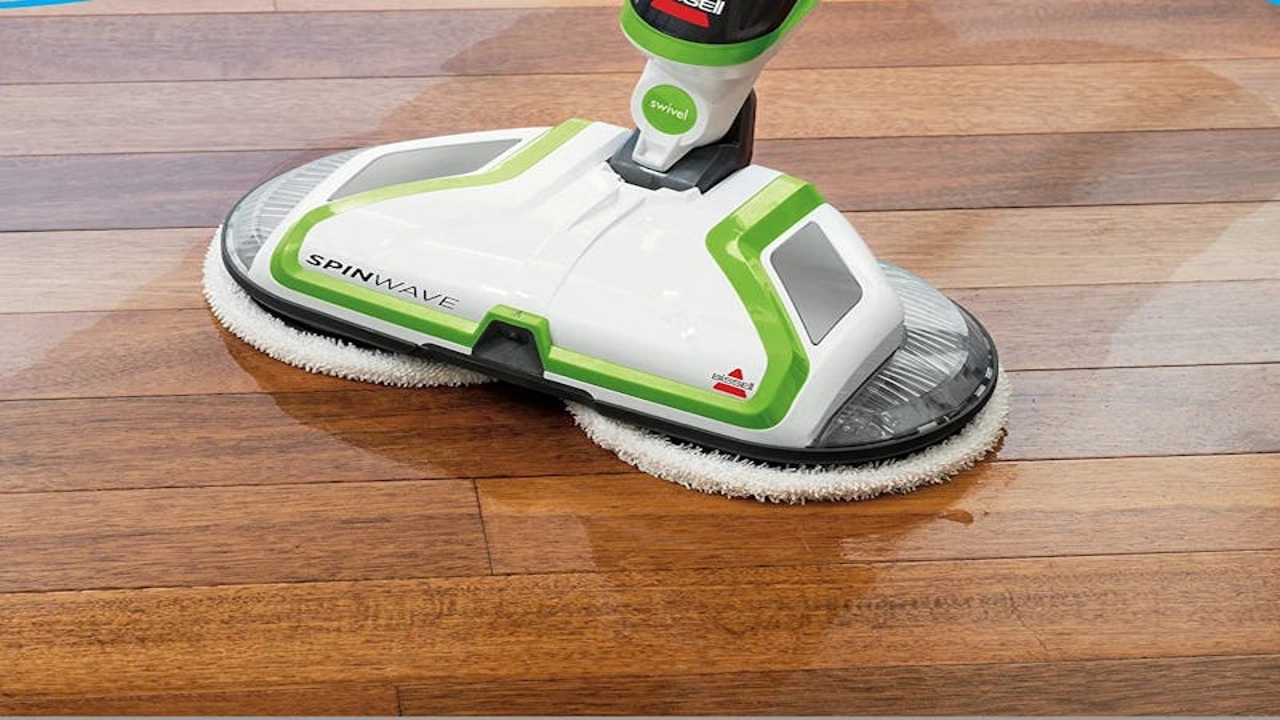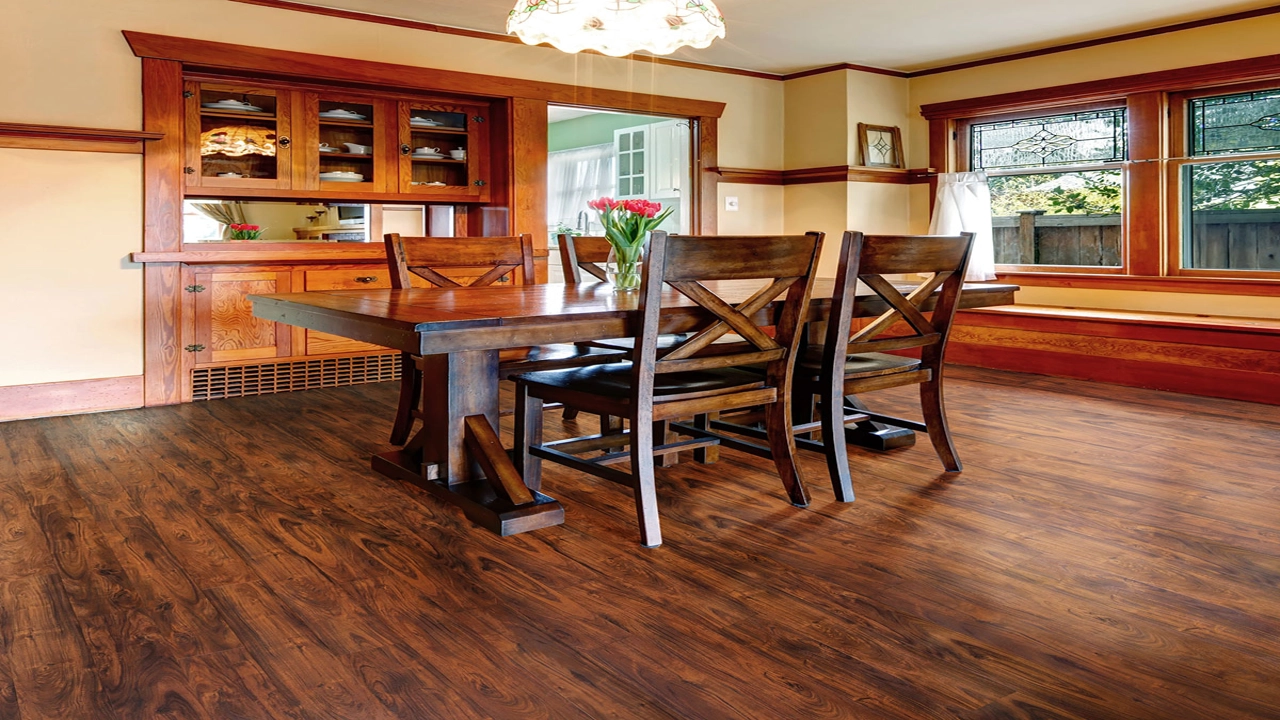How much to install a hitch is a common question for car owners looking to tow trailers or bikes. The cost of installing a hitch varies depending on several factors, including the type of hitch, vehicle make and model, and labor costs in your area. You can expect to pay anywhere from $100 to $500 for the entire installation, including the hitch itself.
Many auto shops and dealerships offer hitch installation services, while some people choose to install the hitch themselves. If you plan to install the hitch yourself, be sure to purchase the correct hitch for your vehicle and follow the manufacturer’s instructions carefully. It’s always a good idea to consult with a professional mechanic if you have any doubts about your ability to install the hitch properly.
how much does a hitch really cost
So, you’re thinking about getting a hitch installed on your car. Maybe you want to tow a trailer for camping trips, a small boat for weekend fun, or even a bike rack for family adventures. Whatever your reason, you’re probably wondering, “How much does it cost to install a hitch?”
The answer, like many things in life, is… it depends. The price of hitch installation can vary depending on several factors. Let’s break down the most important ones to give you a better idea of what you can expect to pay.
What Type of Hitch Do You Need?
The first thing you need to decide is what type of hitch you need. There are two main types:
- Class I and II hitches: These are typically smaller and lighter-duty, designed for towing lighter loads like small trailers or bike racks.
- Class III and IV hitches: These are heavier-duty hitches built for towing larger and heavier trailers.
The type of hitch you choose will significantly impact the installation cost. Class I and II hitches are generally easier to install, making the labor cost less. Class III and IV hitches might require more complex installation processes and potentially modifications to your vehicle, which could lead to a higher price tag.
Where Are You Getting It Installed?
The location where you choose to get your hitch installed will also influence the cost. Here are some options:
- Dealership: You can get your hitch installed at a dealership, but you’ll likely pay a premium for the convenience.
- Local auto shop: A local auto shop can often offer more competitive prices for hitch installation, but it’s essential to research their reputation and experience.
- Specialty hitch installer: If you’re looking for a more specialized installation, consider a shop that specifically handles hitch installation. These shops may have more experience and expertise in the area, but you might also find they have higher prices.
Do You Need Additional Parts?
In some cases, you might need additional parts besides the hitch itself, which will add to the overall cost. For example:
- Wiring harness: You’ll need a wiring harness to connect the trailer lights to your vehicle’s electrical system.
- Trailer brake controller: If you are towing a heavy trailer, you might need a trailer brake controller to help you stop safely.
- Additional hardware: Depending on your vehicle, you might also need additional hardware like bolts, nuts, and washers.
How Much to Install a Hitch: A Breakdown
So, how much can you expect to pay for how much to install a hitch? Here’s a general breakdown:
- Hitch itself: Prices for hitches can range from $100 to $500, depending on the type, brand, and features.
- Installation labor: Labor costs can vary depending on the complexity of the installation, your location, and the shop you choose. You can expect to pay anywhere from $50 to $200 for installation.
- Additional parts: Additional parts like wiring harnesses and brake controllers can add anywhere from $50 to $300 to the total cost.
Overall, you can expect to spend between $200 and $800 for a hitch and installation, depending on the factors mentioned above.
What Can You Do to Save Money?
Here are some tips to help you save money on hitch installation:
- Shop around: Get quotes from several different shops before making a decision.
- Consider doing it yourself: If you’re comfortable working on your car, you can potentially save money by installing the hitch yourself. However, make sure you have the right tools and knowledge before attempting this.
- Look for deals and discounts: Some shops may offer discounts for specific hitch models or during certain times of the year.
Additional Considerations
- Installation time: The installation time for a hitch can vary depending on the complexity of the process. It can take anywhere from 30 minutes to several hours.
- Warranty: Make sure to ask about the warranty for both the hitch and the installation.
Conclusion:
Getting a hitch installed is a great way to enhance your vehicle’s capabilities and prepare for exciting adventures. By carefully considering the factors mentioned above, you can make an informed decision and find the best deal on hitch installation for your needs. Remember to always prioritize quality and safety when choosing a hitch and installer. Happy towing!
hitch installation costs more than you think
Adding a hitch to your vehicle can open up a world of possibilities, from hauling trailers for weekend adventures to simply transporting larger items. But before you jump in and buy a hitch, you might be wondering, “How much does a hitch really cost?”
The Cost of a Hitch
The price of a hitch depends on several factors, including:
- Your Vehicle: The make, model, and year of your vehicle play a major role in the cost. Some cars have more complex installations than others, requiring more specialized equipment and labor.
- Hitch Type: Hitches come in different classes, ranging from Class 1, which is suitable for small trailers, to Class 5, used for heavy-duty towing. The higher the class, the more robust the hitch, and typically, the more expensive it will be.
- Features: Some hitches include features like built-in wiring for trailer lights or a receiver that’s compatible with specific accessories. These additional features can add to the overall cost.
What You’re Getting
When you purchase a hitch, you’re generally getting a few key components:
- Receiver: This is the main part of the hitch, where you’ll attach your trailer.
- Cross-Member: The cross-member connects the receiver to your vehicle’s frame.
- Mounting Hardware: Bolts, nuts, and other components that secure the hitch to your vehicle.
Estimating Costs
“How much does a hitch really cost?” is a question that many people ask.
To get a rough estimate, you can start by looking online for hitches that are compatible with your vehicle. Many online retailers have tools that let you search by make, model, and year, so you can easily find options for your car. Be sure to check prices for different hitch classes and features to get a sense of what’s available.
Labor Costs
Keep in mind that the cost of the hitch itself is just one part of the equation. You’ll also need to factor in the labor costs for installation.
- DIY Install: If you’re comfortable with DIY projects and have the right tools, you may be able to install the hitch yourself. This can save you a considerable amount of money.
- Professional Installation: If you prefer to leave the installation to the experts, expect to pay a few hundred dollars for labor. Some auto shops offer special deals or packages that include both the hitch and installation.
Other Considerations
“How much does a hitch really cost?” is a question that comes up in various situations.
You might also need to consider the cost of other accessories, such as:
- Trailer Wiring Harness: This connects the trailer’s lights to your vehicle’s wiring system.
- Trailer Ball: This attaches to the receiver and connects to your trailer’s coupler.
- Hitch Cover: This protects the receiver when it’s not in use.
Finding the Right Hitch
Before you buy a hitch, take some time to think about your needs and budget.
- Towing Capacity: Consider the weight of the trailers you’ll be towing and choose a hitch with the appropriate towing capacity.
- Price: Set a realistic budget for the hitch and installation.
- Research: Compare prices and features from different manufacturers.
In Summary
The cost of a hitch can vary significantly depending on several factors. It’s important to carefully consider your needs, do your research, and compare prices to find the best option for you. By taking your time and making informed choices, you can ensure that you get a hitch that meets your requirements and fits within your budget.
Hitch Installation: Your Questions Answered
Q: How much does it cost to install a hitch on my car?
A: The price of installing a hitch varies greatly depending on factors like the type of hitch, your car make and model, and the labor rates in your area. Generally, expect to pay between $100 and $500 for installation.
Q: What factors affect the cost of hitch installation?
A: The cost of installation can be impacted by the type of hitch, the complexity of the installation process for your specific car, and the labor rates charged by the mechanic or shop.
Q: Can I install a hitch myself?
A: You can install a hitch yourself if you have mechanical skills and the right tools. However, some installations require specialized equipment and knowledge, so it’s best to check your car’s manual and the hitch instructions before attempting a DIY installation.
Q: What are the benefits of having a hitch installed?
A: A hitch allows you to tow trailers, bikes, cargo carriers, and other accessories, expanding your car’s functionality. It’s particularly useful for transporting large items, camping gear, or hauling a boat.
Q: Can I install a hitch on any car?
A: Not all cars are compatible with hitches. Check your car’s manufacturer website or a specialized hitch retailer to see if your vehicle is compatible and to find the correct hitch model for your specific make and model.
Q: What should I look for in a hitch installation service?
A: Look for a reputable shop or mechanic with experience in hitch installations. Make sure they offer a warranty on their work and use high-quality materials.
Q: How long does it take to install a hitch?
A: The installation time varies depending on the hitch and your vehicle. Most installations take between one and two hours, but it’s always best to contact the installer to get a precise estimate.
Conclusion
Installing a hitch on your vehicle can be a worthwhile investment. By considering the type of hitch you need, the cost of labor, and any additional accessories, you can estimate the total cost. Remember, it is crucial to choose a reputable installer to ensure proper installation and safety.
Ultimately, the cost of installing a hitch will vary depending on your specific needs. We encourage you to share your experiences with hitch installation in the comments below. If you found this information helpful, please share it with your friends and family on social media so others can benefit from it.





